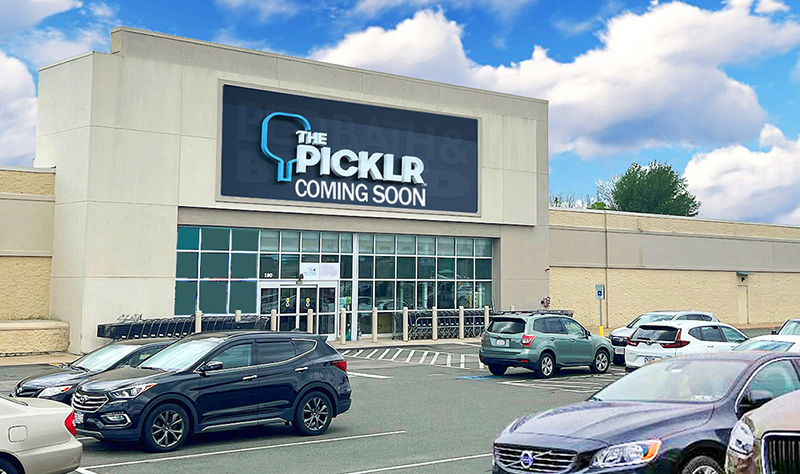News: Retail
Posted: February 26, 2015
Asbestos regulation changes could have an effect on you
Property managers, developers and owners who have properties in Massachusetts should know that the MassDEP amended its regulation about asbestos. In particular, it amended its Massachusetts Air Pollution Regulation to update and streamline the environmental rules for managing asbestos in demolition and renovation projects. The revised regulations became effective on June 20, 2014. So how will it affect you?
Before we discuss what has changed, we want to paint a picture for you. Asbestos was considered the miracle mineral and according to U.S. EPA, over 3,500 products may have contained asbestos including anything from sheetrock to boiler block insulation to spackling compounds and so on. The problem is the inhalation of asbestos fibers, when released into the air during activities that disturb asbestos-containing materials, can be dangerous to one's health if inhaled or digested. Asbestos is a known human carcinogen and can cause chronic lung disease as well as lung and other cancers. Almost everyone has seen a commercial with a lawyer actor saying "Do you know of or have a loved one that has Mesothelioma?"
So, how do you know if your building was constructed with materials containing asbestos? I have been on many site walkthroughs where someone has looked at a building material (for instance, vinyl floor tile) and said, "that's not asbestos." The fact is, unless you have a polarized light microscope in your pocket or manufacturer's specifications stating the material doesn't contain asbestos, you don't know. Arguable, many building materials in use in the U.S. do not contain asbestos, but there is no magic date where if the building was constructed after that date you don't need to worry. The U.S. banned the manufacture of a limited number of asbestos containing materials in 1981, but didn't stop the sales or installation of materials already in use. You can probably go into any major home improvement store in America and find a building product that contains asbestos.
Why is this relevant to this regulation change? Although we will summarize the major changes below, the first one, in my opinion, has importance to property managers, developers and owners.
Pre-Demolition/Renovation Survey: The amended MassDEP's regulation requires that a survey be conducted on an area to be impacted by a demolition or renovation, before the project starts, in order to identify all material containing any amount of asbestos that may be present in the facility or facility component. Although there is a similar requirement at the federal level, this really puts some teeth into the requirement.
What does this mean? Any time you are demolishing or renovating a building or tenant space in Massachusetts, you will need to first complete an asbestos survey and sample unless you can prove the material doesn't contain asbestos. Also, it is imperative to keep good records of the materials you are installing in your buildings going forward and avoid being required to resurvey the property.
What are some of the other changes?
* There are new notification exemptions for certain small abatements.
* Post-abatement visual inspections are now required for all abatements with one exemption for homeowners working on non-friable materials.
* New permit for "Non-Traditional Asbestos Abatement Work Practice Approvals" are now in use.
* New Massachusetts Waste Shipment Record forms must be used.
Jeffrey Sotek, PE, CSP, CIH, manages HRP's Auburn, Mass. office.
Tags:
Retail
MORE FROM Retail
Mace of KeyPoint Partners negotiates 36,192 s/f lease for The Picklr at Endicott Square
Danvers, MA KeyPoint Partners (KPP) negotiated a lease with the nation’s premier indoor pickleball venue The Picklr at Endicott Sq. Vice president of retail brokerage Don Mace negotiated the transaction on behalf of the landlord.

Quick Hits




.jpg)


